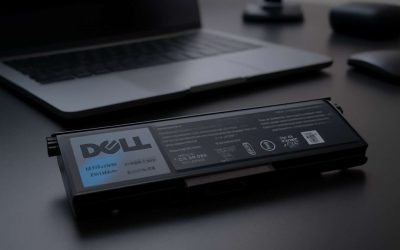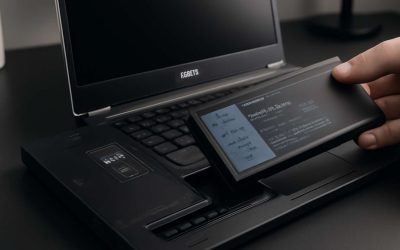
Your laptop doesn’t get far without its battery. It’s a vital piece of hardware that gets little attention, but it’s important to keep the battery in good condition for optimal performance. In this Daily Feature, we provide some power-saving tips for extending the life of your laptop battery.
Three types of batteries power most laptops, nickel cadmium (NiCad), nickel metal hydride (NiMH) and lithium ion (Li-ion), the last being used in most new laptops. Each of these batteries has a different chemistry, and each requires some special care.
For example, NiCad batteries are prone to’memory effect, where they lose their ability to fully charge. To prevent this, it’s a good idea to drain and recharge your battery a few times each month. In addition, don’t let your NiCad battery sit unused for more than two months. If you have a spare battery, rotate it with your original one on a regular basis.
Laptop battery technology has shifted dramatically in recent years. At the turn of this decade, most laptops used cylindrical batteries, which were akin to an AA-like cell. Manufacturers designed their systems to fit these batteries, rather than the other way around.
As demand for thinner laptops grew, however, the battery design had to shift. The desire for thinness moved the industry to lithium-polymer pouch cells that are rectangular in shape, allowing them to be stuffed into small spaces. These pouch cells have been a common feature in cutting-edge notebooks like Apple’s MacBook Air.
These batteries also have a lower temperature threshold than their cylindrical counterparts. If your battery feels hot to the touch, shut down your laptop and let it cool down if possible. Also, don’t leave a battery in a warm place for long periods of time, as this can reduce its lifespan.
Another thing to remember about laptop batteries is that they’re built to a specific voltage rating, usually either 11.5, 14.8 or 16 volts. It’s important to match the voltage of the battery with the power requirements of your system. For this reason, you’ll notice that some batteries have a higher mAh rating than others. Generally speaking, higher mAh ratings mean longer run times. To find out which size of battery your laptop requires, check its user guide or refer to the information on our site under the Laptop Battery Finder. You can also use our Locator tool to find a recycling center near you that accepts laptop batteries for proper disposal. Please don’t throw away batteries in the trash; this can harm the environment.



0 Comments